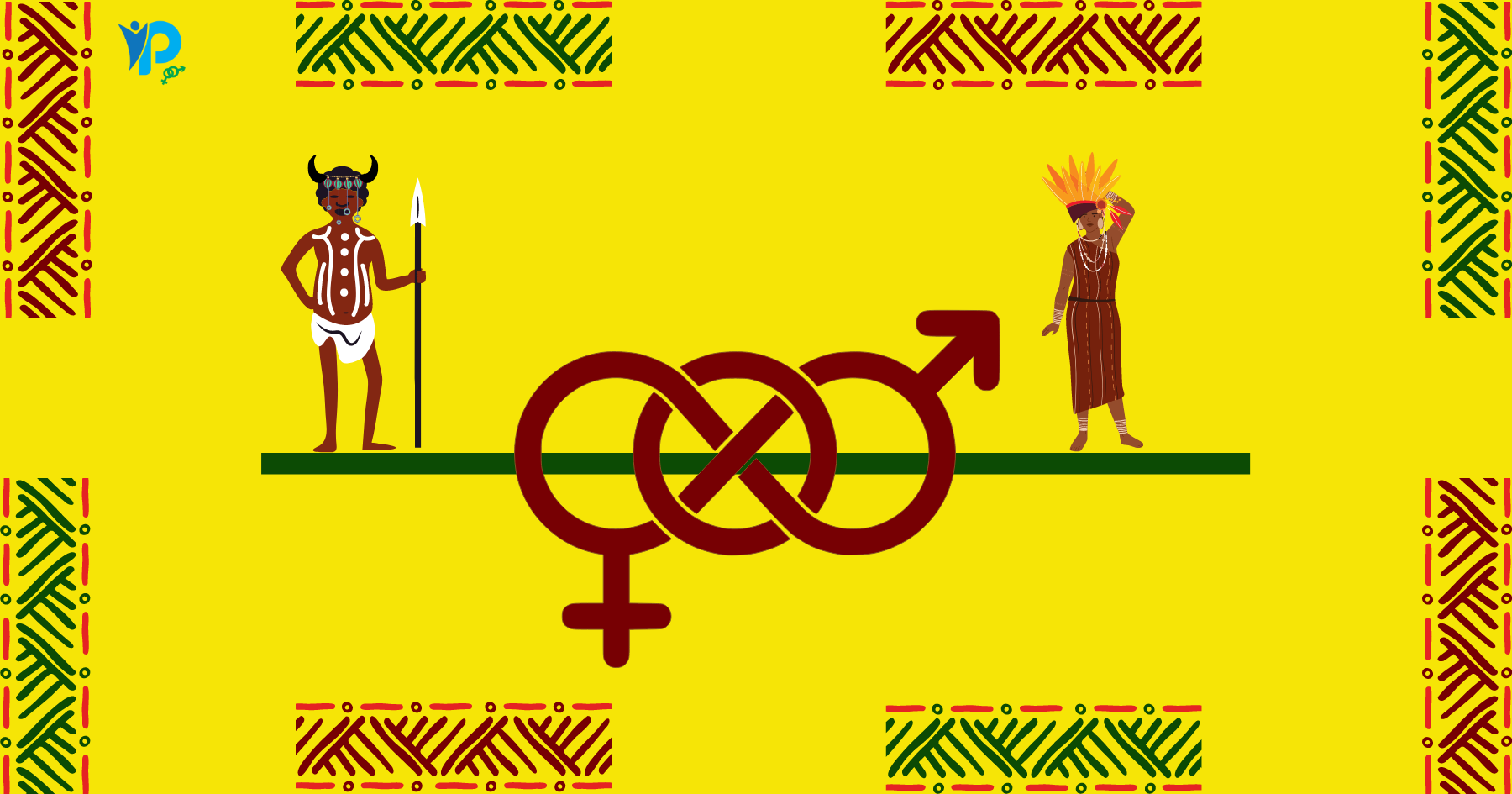
Lessons For The Modern Society From The Bison-Horn Maria Tribe
We as a civilisation tend to view urban society as the epitome of modernity and progress. We put ourselves on a pedestal and think we are the most open-minded when it comes to issues like mental health, sex, and love. And consequently, we view tribal communities as ‘backwards’ relative to us. But the Bison Horn Maria tribe, who inhabit the Jagdalpur region of the state of Chhattisgarh actively dispropels this stereotype. In fact, their progressive practices in matters of love, sex, and marriage should serve as a role model for polite modern society, where the former topics are talked about in hushed whispers.
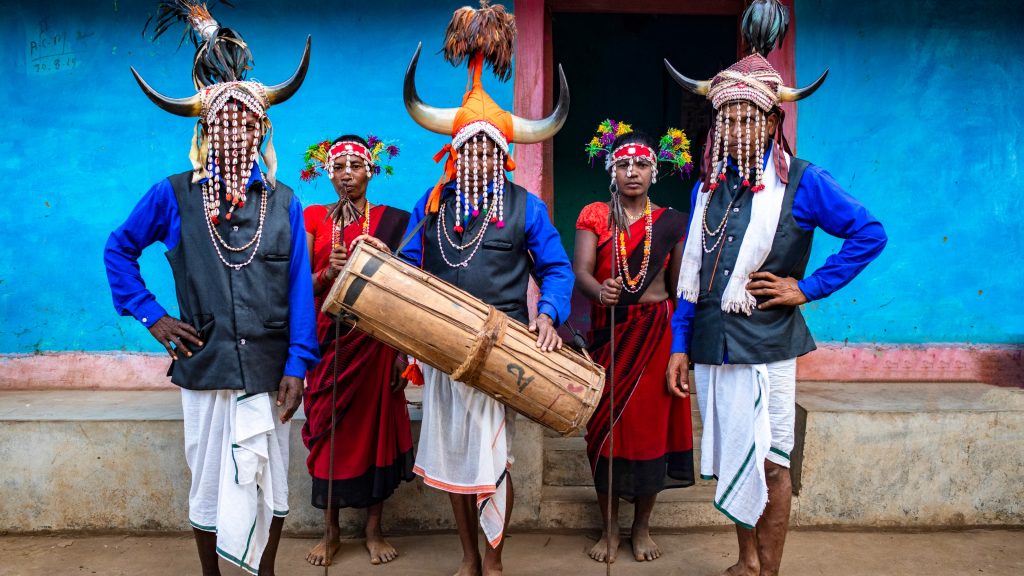
But first, who are the Bison-Horn Maria Tribe?
Known for their distinctive headwear made from bison’s horns and also deriving their name from it, members of the Bison-Horn Maria Tribe prefer to call themselves Damdami Maria. They live in the Bastar region of Chhattisgarh, which is occupied by multiple tribes of the larger Gond tribal group and speak a dialect of the Dravidian script. They wear their infamous head ornaments made of Indian bison’s horns and peacock feathers, during special functions. But perhaps their most distinctive cultural norm as a tribe lies in what could arguably be one of the most sex-positive attitudes in the world. Let’s get into it.
The Taboo around Pre-Marital Sex - What’s so Wrong with it?
Pre-marital sex is widely looked down upon in our society. In extreme cases, this skewed connection of chastity before marriage leads to many cruel practices in various communities all over the globe. Even in urban settings, pre-marital sexual relations are almost never talked about. But the Bison-Horn Maria tribe teaches us valuable lessons when it comes to the taboo issue.
Pre-marital sex is widely encouraged within the tribe to check for sexual compatibility between romantic partners before marriage. And although this may seem unprecedented to people from urban areas, it probes us to think about sex and its relation to the institution of marriage as a whole. The tribe’s acknowledgment of sexual compatibility being a strong foundation for marriages in the long term also ensures healthy communication about sexual needs which functions as another basis of peaceful marriages.
Moreover, if children are born out of pre-marital sex, they have the same respect and rights that children born out of official marriages. In fact, in an instance of the tribe, two engaged partners found better sexual compatibility with other members of the tribe during the weeks leading up to their wedding and amicably decided to call off their wedding. This brings us to our next urban dilemma.
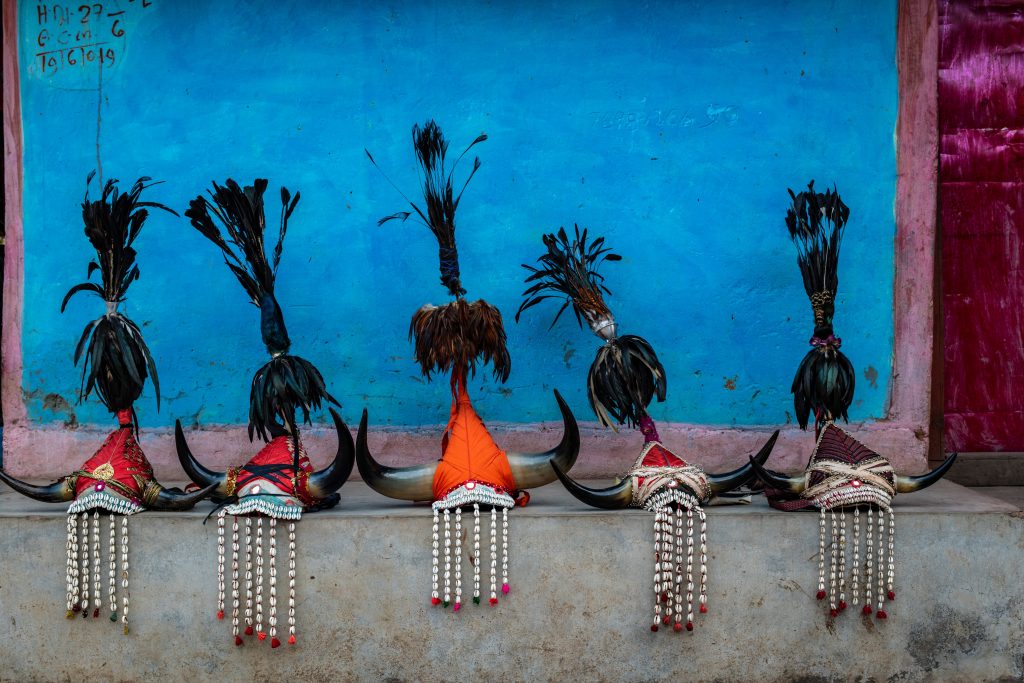
The Everlasting Love Conundrum
Let’s face it, the modern tale of happily ever after is something we all wish for. Finding one’s soulmate is something we all look forward to. Finding the one and spending our lives with them is an urban utopic fantasy.
And that translates to us frowning upon divorces or broken off engagements. However, the Bison-Horn Maria Tribe sees things a bit differently and we’d argue, in a much more healthier light. They consider pleasure and love as a thing of the Earth and encourage addressing it in a safe environment. People are free to fall in and fall out of love and hence, combined with open communication, infidelity isn’t an issue – both for people in a marriage and those out of it.
They teach us that love, like every other emotion, changes over time. And when people fall out of love, it is best for them to move on, not get bogged down by outdated cultural norms that benefit no one. And therefore, to put divorces in a negative light is ignorant. Which leads us to the question, how do these progressive ideas shape the community? Does it benefit anyone?
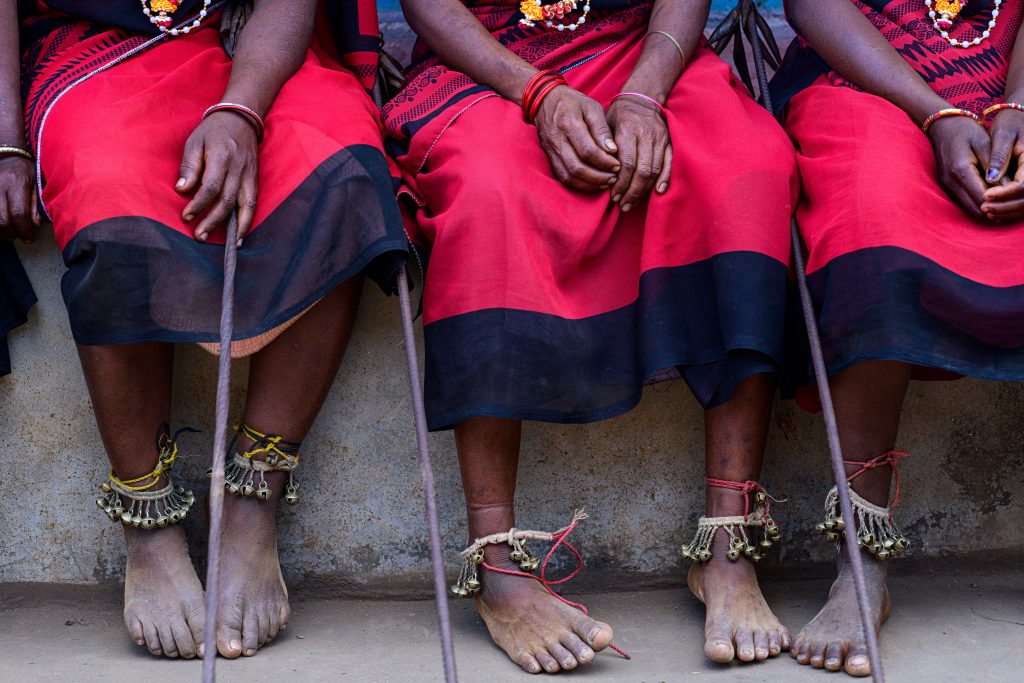
The Equality Equation
Whether we like to believe it or not, the foundation of our modern society lies in the patriarchy. The Bison-Horn Maria tribe shows us a world that because of its progressive ideals, is as its core, equal. The strong emphasis on communication in the community leads to almost no frustration in marriages. As a result, violence against women, especially sexual and domestic abuse hasn’t been recorded in the tribe for centuries.
Widow remarriages aren’t shunned, in fact, often, mother-in-laws of widows look for potential husbands for their daughter-in-laws. A farmer in the tribe says, “In societies where women are considered a property, widow remarriage will always be shunned, but we Marias never see our women that way.”
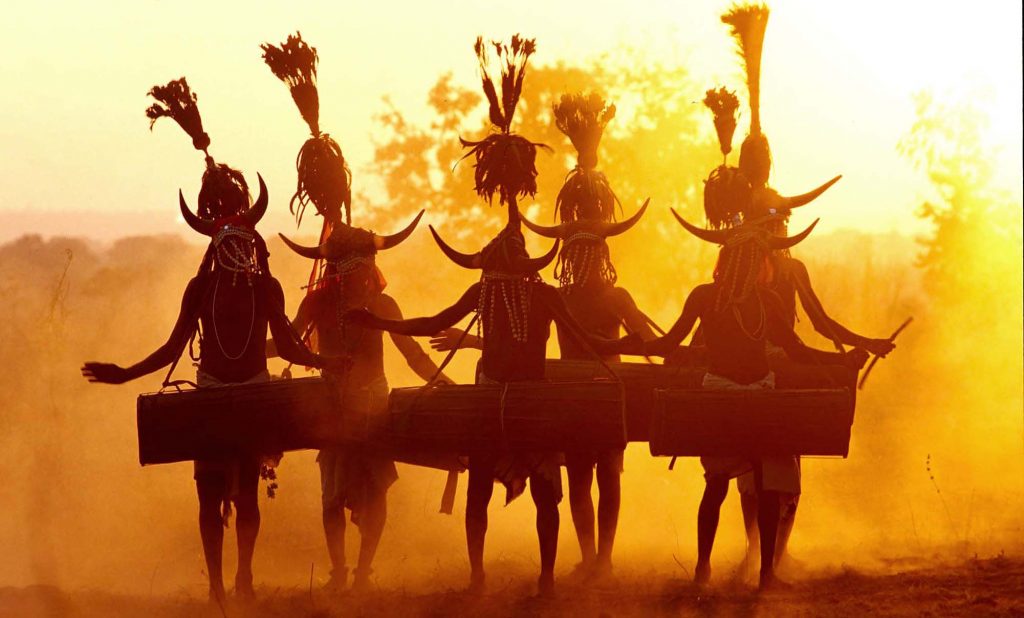
Conclusion
Our urban society is bogged down by dogmatic norms about what should be or what shouldn’t be. What we fail to see is that they are hindering our growth as a civilisation. We refuse to move past our centuries old norms about marriage, sex and procreation. The Marias teach us that progressive ideas about the aforementioned benefit everyone. In a society where gender based violence and inequality are reaching new heights, we can take a page out of the Marias’ book and apply it to our daily lives.
Sex, marriage and love and the resulting taboo around them are man-made. But we are creatures of the Earth, we shouldn’t place ourselves in cages and limit ourselves from liberty. Throughout history, we’ve fought many battles for freedom. It’s about time we wage one for our bodies and happiness.
Illustration by: Anshika Maria Sunny
Author
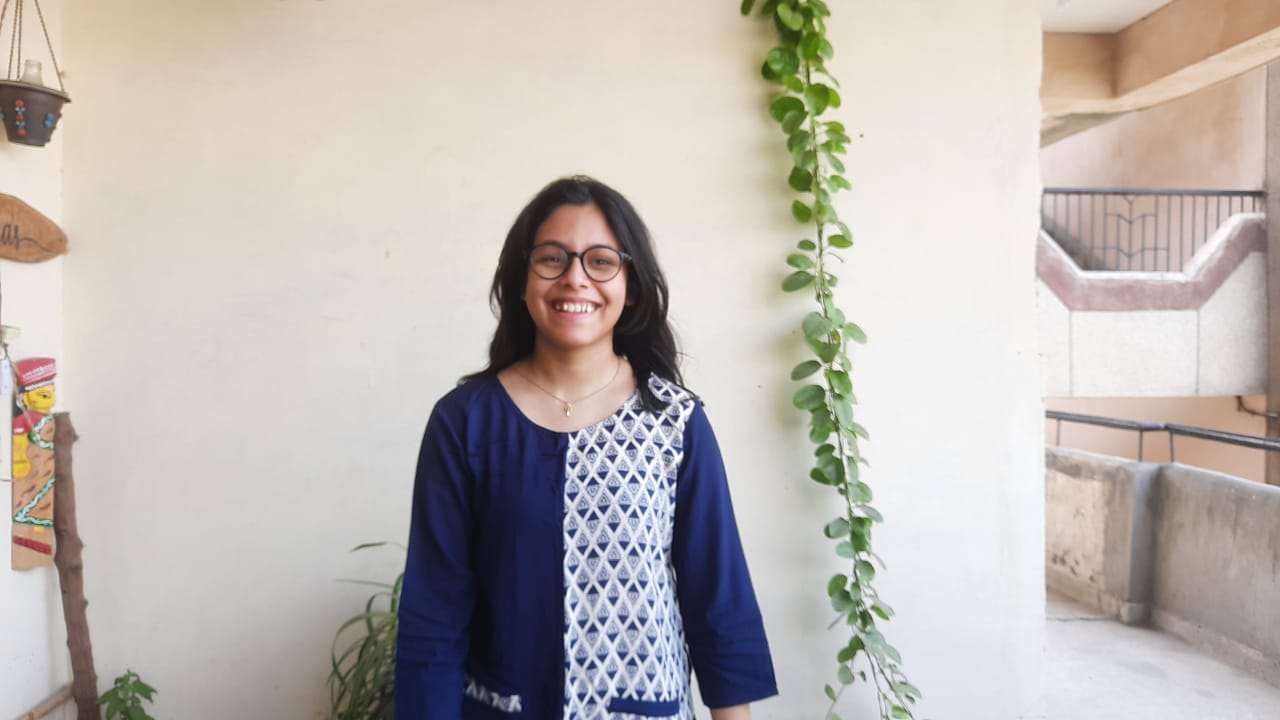

1 thought on “Lessons For The Modern Society From The Bison-Horn Maria Tribe”
I think that the writer is very progressive and wider – minded. She belongs to new generation of our society. Modernity in society is always changing its forms. New generation of our society are following the steps what the tribal society of Chattisgarh used to maintain inherently. Especially, about the widow marriage, our so called high society are very conservative. Although Iswar Chandra Vidyasagar struggled long years ago in regarding widow marriage. It’s a matter of fact that this Bison- Horn Maria tribal society in true sense are very progressive. Thank you for writing this article.